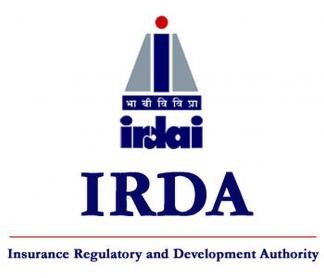IRDAI allows policyholders to cancel policies and get refund

IRDAI allows policyholders to cancel policies and get refund
The Insurance Regulatory and Development Authority of India (IRDAI) has introduced significant reforms, giving retail policyholders the flexibility to cancel their insurance policies at any time during the term and receive a refund for the remaining period.
In a statement on Tuesday, IRDAI announced that policyholders are not required to provide reasons for cancellation. Insurers, on the other hand, can only cancel policies on grounds of established fraud, with a minimum notice of seven days. Additionally, every insurer must have a designated base product in each line of business to ensure minimum necessary coverage.
If a policyholder cancels their policy, the insurer must refund the proportional premium for the unexpired term, provided the policy term is up to one year and no claims have been made during the policy period. For policies with terms exceeding one year, the refund will apply to the unexpired policy period if the risk coverage for those years has not commenced.
The IRDAI also emphasized that no claim should be rejected due to a lack of documents. All necessary documents must be collected during the underwriting process. Policyholders should only need to submit documents directly related to claim settlement, such as claim forms, driving licenses, permits, fitness certificates, FIRs, fire brigade reports, post-mortem reports, books of accounts, stock registers, wage registers, and repair bills where applicable.
The regulator specified that statutory Motor Third Party Liability insurance or any other compulsory insurance mandated by law cannot be cancelled except in cases of double insurance or total loss.
Additionally, every retail customer must receive a Customer Information Sheet (CIS) with each policy, detailing in simple terms the policy’s basic features, coverage scope, add-ons, sum insured, exclusions, deductibles, special conditions, endorsements, and claim procedures.
In motor insurance, customers should be given options such as Pay as you Drive, Pay as you Go, or Pay as you Use insurance cover, along with comprehensive coverage that includes depreciation. The Insured’s Declared Value (IDV) of the vehicle will be considered the ‘Sum Insured’ and will be fixed at the commencement of each policy period.
The IRDAI also mandated that any loss reported under a general insurance product exceeding Rs 50,000 (for motor insurance) or Rs 1 lakh (for non-motor insurance) must be surveyed by a registered surveyor and loss assessor.
Reacting to the new guidelines, Narendra Bharindwal, Vice President of the Insurance Brokers Association of India, noted that ensuring no claims are rejected due to insufficient documentation shifts the burden of proof to insurers during the underwriting process. “This change simplifies the claims process for policyholders, reduces administrative hurdles, and expedites claim settlements, enhancing the overall customer experience,” he said.
Bharindwal also highlighted that implementing strict timelines for claim settlements and surveyor reports is crucial for improving efficiency and customer satisfaction. “By holding insurers accountable for timely processing, this measure will reduce delays and ensure that policyholders receive their settlements promptly, reinforcing the reliability of the insurance industry,” he added.












